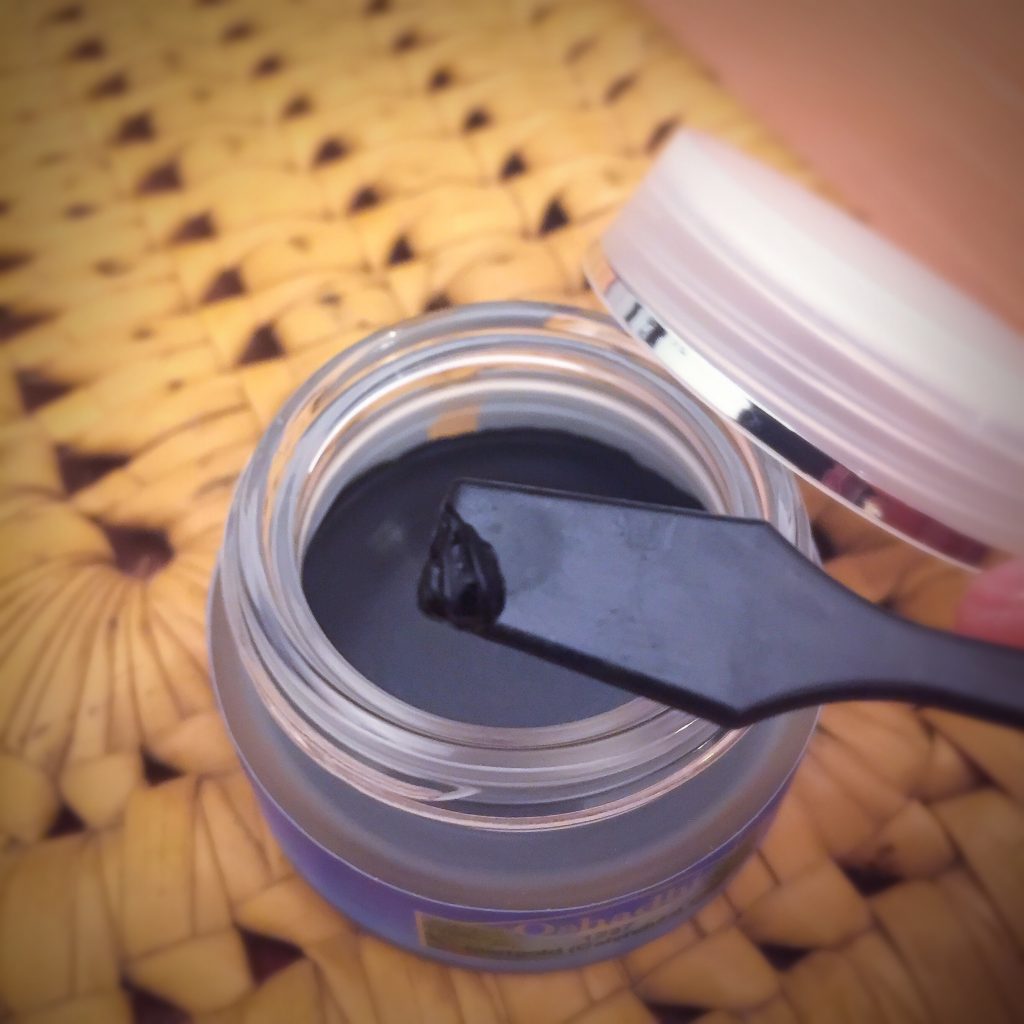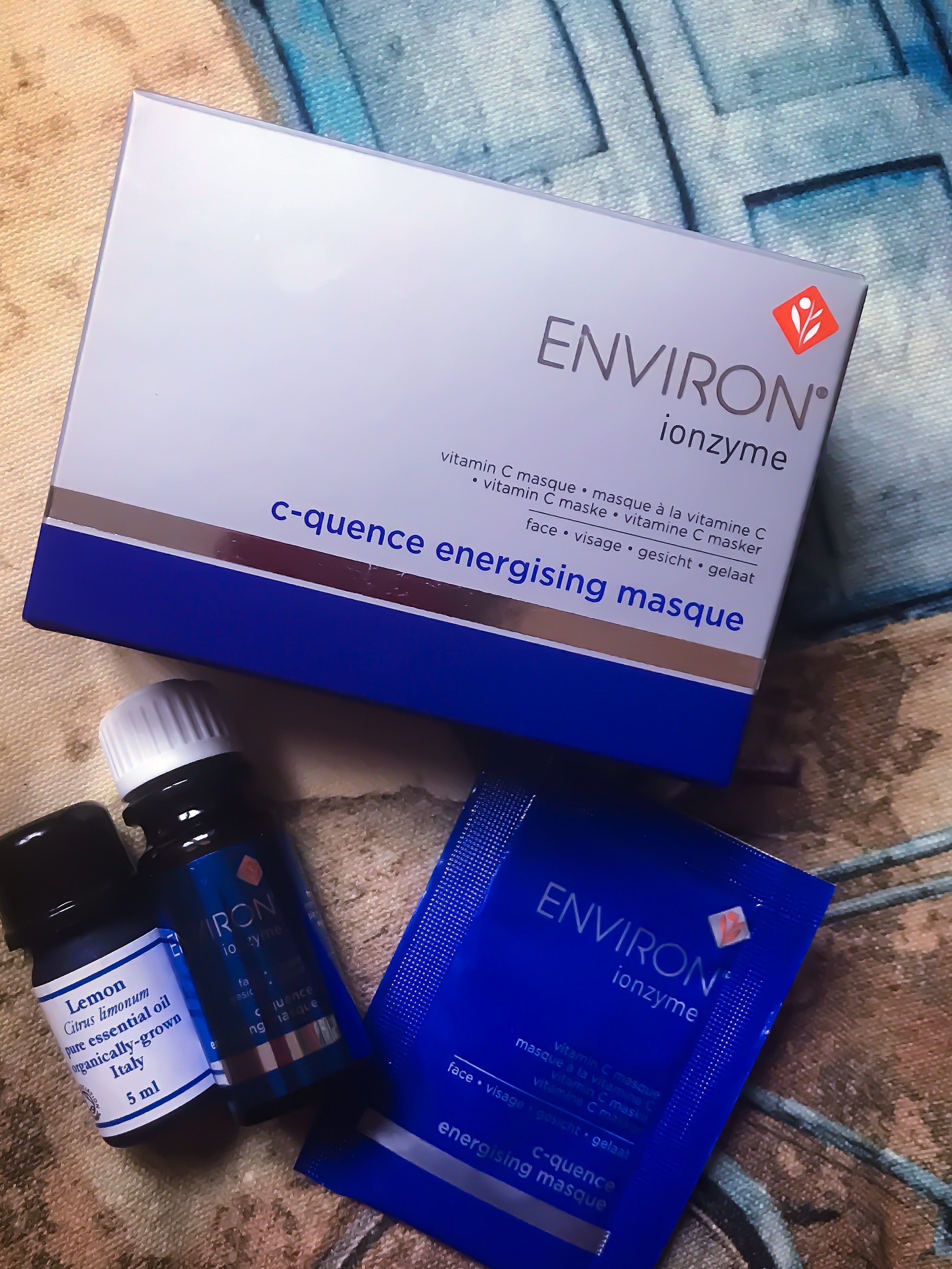Anti-inflammatory effects of macerated oil (healing herb leaching oil)
In the last blog we looked at the positive effects of shea butter’s anti-inflammatory action. Today, let’s look at some different oils that also have anti-inflammatory properties, but that work better on specific areas of the body (e.g. muscles, skin, nerves etc). These herbal infusion oils are known as macerated oils, and are made by leaching oils from herbs.
The better-known among them include:
① Arnica Oil
② St John’s Wort Oil
③ Calendula Oil
Let’s compare the three and briefly summarize which of them have anti-inflammatory actions.
Macerated oils are made by soaking herbs in vegetable oils. Depending on which herbs are used, we can extract medicinal active ingredients with characteristic anti-inflammatory effects.

Arnica
Many research results have reported that it is characterized by its anti-inflammatory action on muscles, and effectiveness for relieving muscle pain.
This type of inflammatory muscle pain is called “delayed onset muscle soreness”, which is an acute pain experienced after exercise or other physical activity, and is different from chronic shoulder stiffness, back pain, etc.
Arnica oil is an effective massage oil for this type of pain.
It also helps with short-term shoulder and neck inflammation, and pain caused by acute lumbago, sleep disorders, foot fatigue from standing too long etc.
Main indications
- Muscle pain, muscle fatigue
- Bruises, bruising, reduction of scarring pain
- Muscle swelling and sprains
- Rheumatism
- Damage and diaper rash, rash after sunburn

St John’s Wort
For external use, it has been shown to act on nerve inflammation, and has traditionally been used for the purpose of relieving neuralgia, fibrosis, arthritis and rheumatism. It is a good massage oil to relax sciatica issues caused by long-term problems from driving or sitting for long periods, and related back pain, stress and irritability.
In my experience, when I massage with St John’s Wort Oil my body becomes very relaxed and I want to sleep, so I can confirm its deep relaxation effect!
When used in conjunction with the calendula oil described below, it’s effective for burns and scars, psoriasis and herpes. It is also very effective for inflammation of the skin.
- Neuralgia
- Sciatica
- Arthritis, rheumatism, gout
- Stress, relaxation
- Facial neuralgia
- Hemorrhoids, cuts, herpes, hives
- Bruising

Calendula (marigold)
This is effective for treating the inflammation caused by various skin complaints, such as burns, cuts, abrasions, psoriasis and acne, as well as the healing of wounds.
In addition, calendula oil contains not only maceration but also Calendula CO2 Extract, made using the carbon dioxide supercritical extraction method. Although it is necessary to use it diluted in other oils and creams, the active ingredients of herbs such as flavonoids are enriched more than the maceration oil, and a higher antiinflammatory action can be expected.

Calendula CO2 Extract
If you use it for skin symptoms such as rough skin, sunburn damage, chapped or cracked skin, chilblains etc. (i.e. anything with tingling sensations, redness or swelling) it will enhance the body’s innate healing power and calm and protect the skin.
By using it with St John’s Wort, the effect will be further enhanced.
- Eczema, cuts, scratches
- Chapped or cracked skin
- Itchy skin, redness, rashes
- Burns, sunburn
- Bruises
- Varicose veins
These features have a strong anti-inflammatory effect via their herbal active ingredients.
- For muscle symptoms such as muscle pain, muscle fatigue, low back pain – use Arnica Oil.
- For the symptoms of nerves etc: sciatica, neuralgia, stress-related fatigue – use St John’s Wort Oil
- For skin symptoms such as rough skin, eczema, sunburn damage, scratches – use Calendula oil
However, if your symptoms are severe there should be no problem with it even undiluted, if used locally in the short term. Your recovery should also be faster.
The calendula CO 2 extract is a scentless concentrated extract, but please dilute it with another base oil in the same ratio as the essential oil, at a rate of about 0.5 – 2%.
In the next blog I will give you a recipe for a universal healing balm, combining this maceration oil and shea butter. Join me then!








